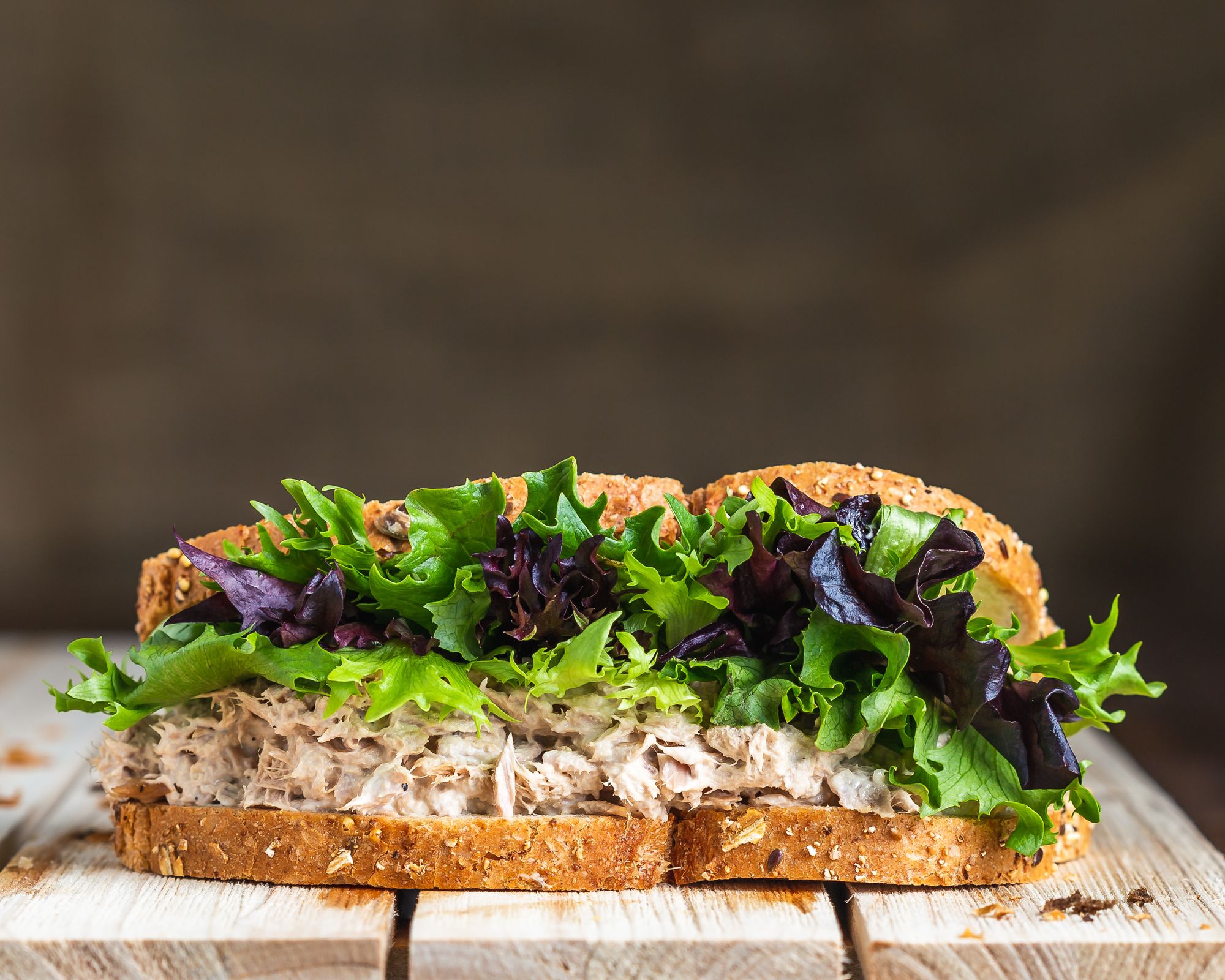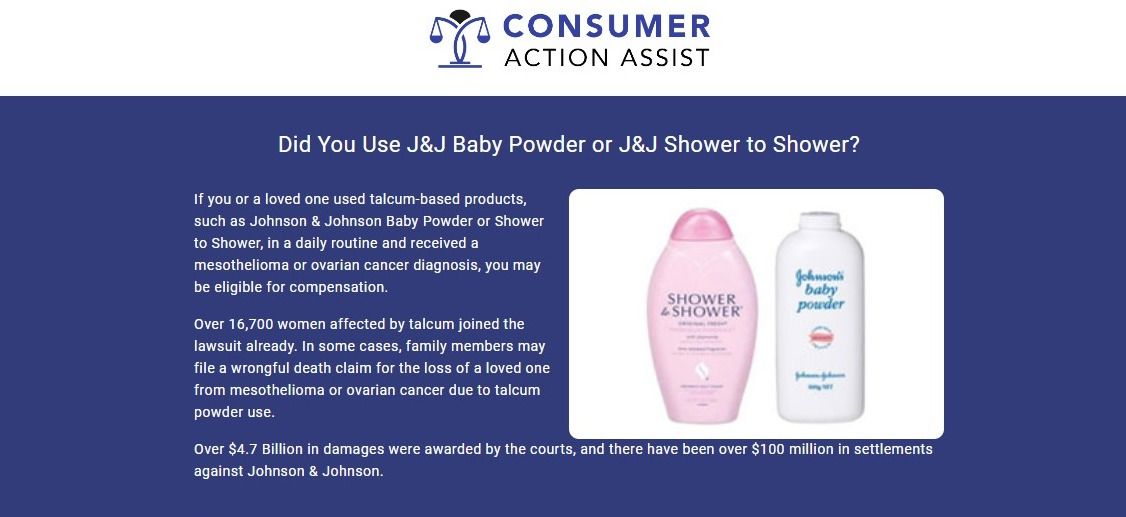The Subway Tuna Lawsuit: A Case of Community Concern


In an ever-growing world of transparency and demand for ethical practices, it is no surprise that food and restaurant industries have come under the spotlight. The importance of accurate representation of ingredients and claims about the contents of products cannot be underestimated.

One such case that has garnered attention is that of a California woman who filed a lawsuit against Subway, alleging that its tuna products contain ingredients other than tuna. Now, as she seeks to end the lawsuit due to personal circumstances, the case continues to raise questions about the power of community and the pursuit of justice.

The plaintiff, Nilima Amin, claimed to have ordered Subway tuna products over a hundred times before deciding to take legal action in January 2021. In her lawsuit, Amin accused Subway of using other fish species, chicken, pork, and cattle in its tuna products or not using tuna at all. The case has attracted significant media attention and sparked debate over the validity of the allegations and the responsibilities of companies to disclose accurate information about their products.
The current development, in this case, has taken an unexpected turn. Amin, who is now pregnant, wishes to end the lawsuit as her severe morning sickness and debilitating conditions have left her unable to proceed. Her focus has shifted to her health and family, and she seeks to dismiss the case in San Francisco federal court without prejudice, allowing her to sue again when she feels better.
Subway has not taken Amin's request lightly, and they demand that her lawyers be sanctioned for bringing a frivolous case. The company argues that the media frenzy resulting from the lawsuit has caused severe harm. They fault Amin's ever-changing theories for debunking their claim that their tuna sandwiches, salads, and wraps contain "100% tuna."
The fast-food chain is seeking dismissal of Amin's proposed class action and demanding that her seven lawyers pay at least $618,000 of its legal bills. Amin's lawyers have not immediately responded to requests for comment.

The Subway tuna lawsuit has highlighted the importance of community involvement in seeking justice and the truth. Through the vigilance of consumers, companies are held accountable for their claims and practices. While the outcome of this particular case remains uncertain, it serves as a reminder to communities everywhere that they have the power to demand transparency and ethical practices from businesses.

The ongoing Subway tuna lawsuit has drawn attention to the responsibility of companies to accurately represent their products and the power of the community in seeking truth and justice. As the case takes an unexpected turn, the debate over the allegations' validity and the community's role in holding companies accountable continues. Regardless of the outcome, this case serves as a reminder that consumers must remain vigilant and demand transparency in the food industry.
Subway has around 37,000 restaurants in more than 100 countries, so we will follow this one.


